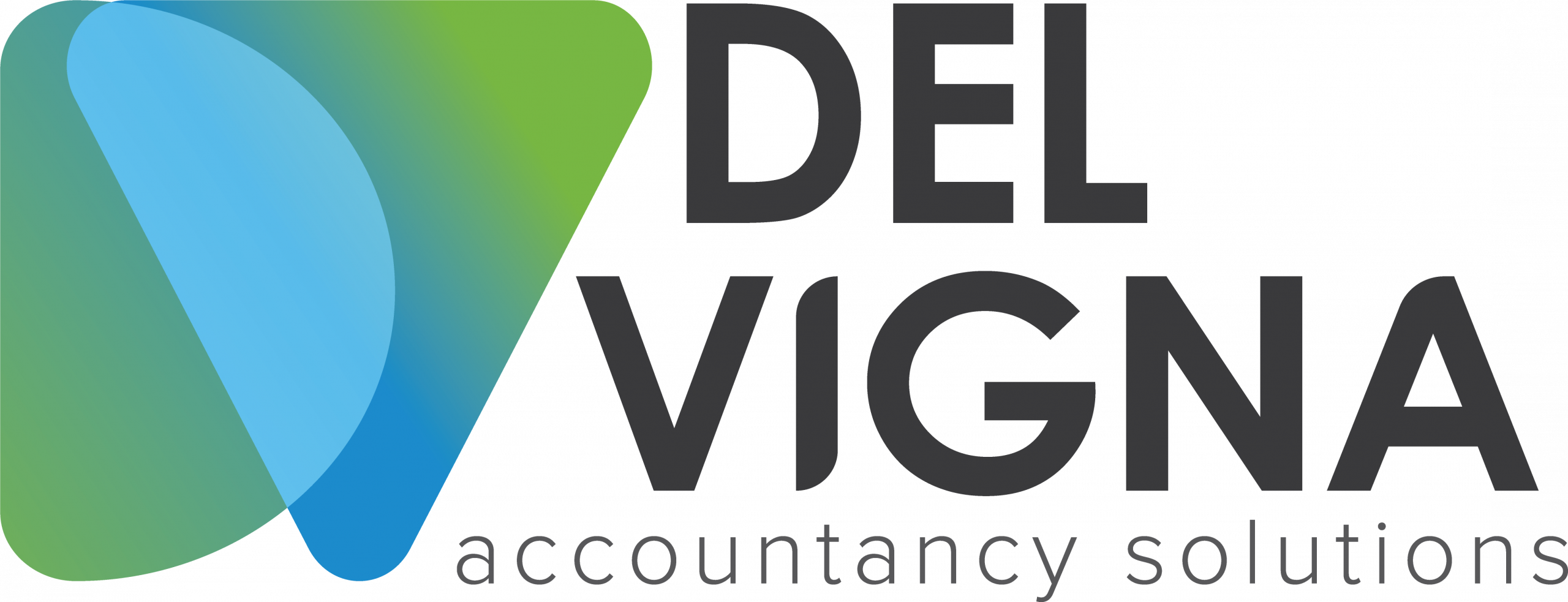If you’re an energy producer, supplier or customer, check what records and accounts to keep to help you complete returns and claim any reliefs or exemptions.
You must keep records that prove the amounts of levy you declare are correct. You can use any of these formats:
- paper
- paper records copied to microfiche or microfilm
- computer records, including removable storage such as CDs and memory sticks
Keep your records for 6 years and make all records available to HMRC if we ask to see them. You must be able to convert computer records to paper if we ask you to.
If you find that your returns or records have errors, you must correct them.
Commercial invoices
You must keep all commercial invoices for purchases and supplies of energy products.
Climate Change Levy accounting documents
All energy suppliers should keep levy accounting documents.
For each accounting period, show how you reached the total levy due. Include itemised transactions to show the accumulation of tax.
An accounting document must show the:
- quantity of taxable commodities you supplied
- period of supply
- supplier’s name and address
- customer’s name and address
- supplier’s reference number for the customer
- date of issue
You must also show the amount of levy you charged if you claim bad debt relief.
Credit and debit notes
As a supplier of taxable commodities you should keep credit and debit notes and similar documents you have sent or received.
Special utility schemes records
Utilities operating special utility schemes also use levy accounting documents to account for supplies that cannot be included in the normal billing cycle. It’s not a substitute for the normal rules.
Supplies made by gas and electricity companies that do not fit into the normal cycles of billing include:
- supplies to new customers
- supplies to customers on various annual accounting and budget schemes
- self-supplies
- supplies to other group members
- journals and other adjustments
Write to HMRC to ask for approval before you begin to operate the scheme.
The approval will specify both the scheme’s conditions and duration, you must abide by these terms. They will be reviewed to make sure that it’s producing a fair and accurate result.
Special utility schemes are intended to ease actual administrative and commercial difficulties, not to relax the normal tax point rules.
Bad debt accounting records
If you’re a supplier claiming bad debt relief, you must keep a copy of the levy account document that you issued.
If you supply other taxable commodities, you must keep a copy of the sales invoice you issued, and a separate bad debt account showing:
- the amount of levy you charged
- the date and identifying number of the invoice you issued
- the amount of levy due
- the return period that you accounted for the levy in
- when it was paid
- the outstanding amount for any payment or other consideration you have had, whether before or after you make a claim
- the amount of the claim
Records you must keep as a business energy customer
If you pay the main levy rate you have to show you have been charged them correctly, usually through your business and commercial records.
When you’re charged the reduced rates or nothing, you must also keep:
- VAT certificates
- Climate Change Levy declarations
- levy supplier certificates PP11
- supporting analysis form PP10
If you do not keep records and a copy of the certificate you may be liable to a penalty.
The certificates and the statement that applies will remain in place until either:
- there is a change in your usage
- you change supplier
Guidance with a force of law
Find out about the force of law for this guidance.

